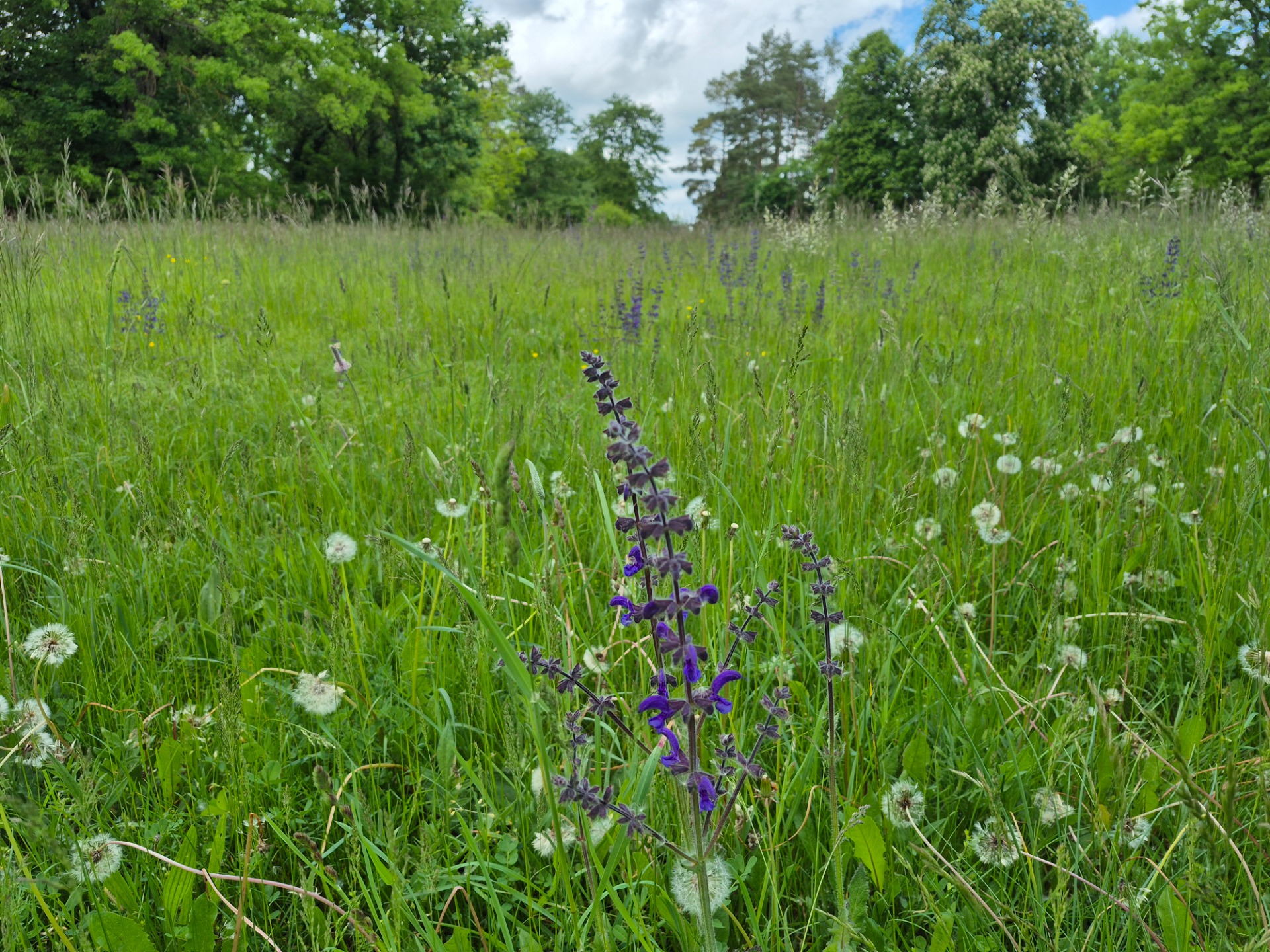In a nice international team led by Valentin Klaus we have recently published a comment paper about the potential of the EU Nature Restoration Law in making our cities more resilient, biodiverse and liveable.
News
Over the last two years we have been working on a very interesting and topical issue in an international research group, resulting in the publication of the latest study by the European Academies Science Advisory Council (EASAC) entitled Changing Wildfires: Policy Options for a Fire-literate and Fire-adapted Europe. A total of 22 international...
Our latest article a review of the soil seed bank of drylans, has been published with the first authorship of Abdubakir Kushbokov.
Our new paper by Katalin Lukács et al. has recently been published in Journal of Environmental Management.
A very inspiring and successful conference entitled "Protecting the kurgans '30" was organised by the Government Office of Békés County, the Hungarian University of Agriculture and Life Sciences and the Körös-Maros National Park Directorate in Békéscsaba on 21 November 2024. The occasion of the event was that 30 years ago, in the same place, a...
Our new paper is published about the effects of steppe mice on the vegetation of agroecosystems
Our new paper by Laura Godó et al. has recently been published in Agriculture, Ecosystems and Environment about the effect of mound-building and caching activities of the steppe mouse.
Our new paper by Réka Kiss et al. has been published today about the population dynamics of the spring meadow saffron in Scientific Reports.
In our study recently published in Human Ecology, we aimed to explore the cultural values associated with the mounds, provide an overview of the landscape changes on and around the kurgans during the past 280 years, and explore the plant biodiversity of the kurgans. Based on our results, we evaluated factors that can support or endanger the...
Our latest paper about grassland restoration by topsoil removal and topsoil transfer has been recently published in BMC Ecology and Evolution.
Our latest paper, a global review about urban grassland restoration has been published in Journal of Environmental Management. This is a result of a nice cooperation between our research group and Valentin Klaus (ETH Zürich) and Leonie Fisher (University of Stuttgart).










